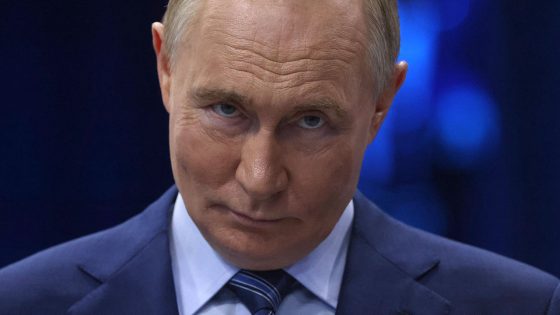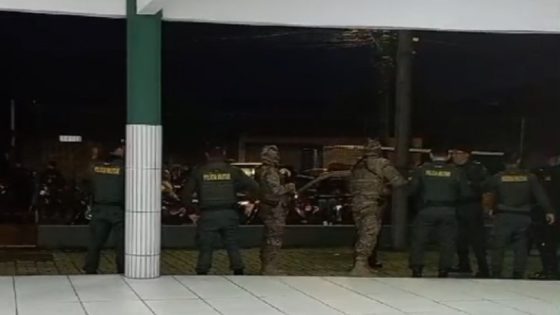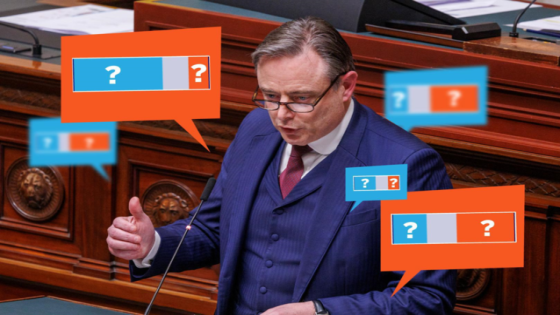On February 18, 2025, in Mar-a-Lago, Florida, former President Donald Trump stated that Ukraine should never have initiated the war with Russia. This statement comes amid increasing concerns in Europe regarding Russian propaganda and Vladimir Putin’s ongoing military actions in Ukraine. The situation has raised fears about the stability of the post-1945 transatlantic alliance.
- Putin's propaganda suggests war success.
- European despair over geopolitical shifts.
- Trump disrupts post-1945 alliances.
- False claims about Ukraine's role in conflict.
- Trump's comments made from Mar-a-Lago.
The conflict between Russia and Ukraine has persisted since 2014 when Russia annexed Crimea. In recent years, tensions have escalated further as Russia continues its military operations in eastern Ukraine. Many European leaders are alarmed by these developments and fear they may lead to broader instability in the region.
Key points include:
- The ongoing war has resulted in significant casualties and displacement of civilians.
- European nations are grappling with energy security issues due to their reliance on Russian gas.
- The U.S. political landscape is also shifting, with Trump’s remarks potentially influencing public opinion on foreign policy.
Trump’s assertion that Ukraine is to blame for initiating the conflict contradicts widespread views among international observers who attribute responsibility primarily to Russia’s aggressive actions. As Europe navigates this complex geopolitical landscape, leaders are calling for unity against external threats while addressing internal divisions exacerbated by differing perspectives on how to handle relations with Moscow.
This situation highlights the challenges faced by Western nations as they respond to Russian aggression while managing domestic political dynamics influenced by figures like Trump. The future of international alliances remains uncertain as countries reassess their strategies in light of these developments.































